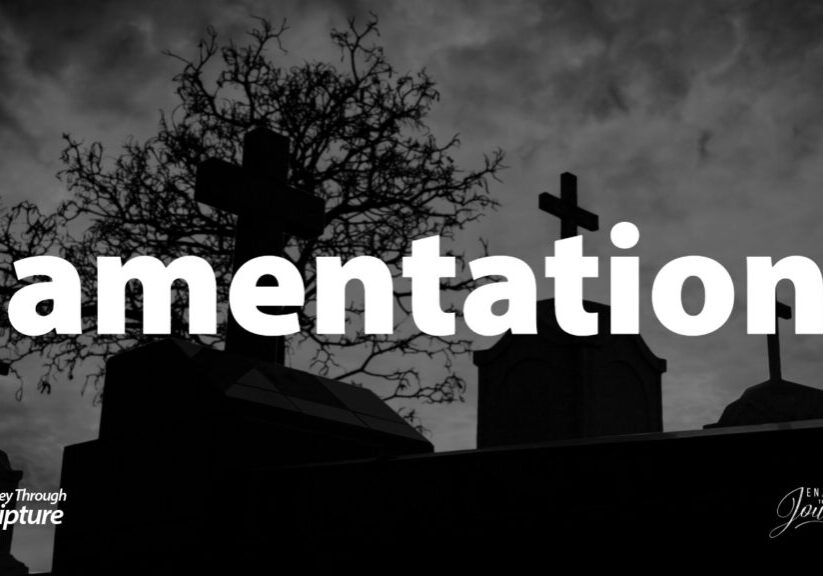
Enjoying the Journey has many friends in the ministry who help and encourage us along the way. Pastor Scott Hooks has been a constant encouragement to this ministry. He is a faithful pastor with a heart for God’s people. We are happy to provide you with this article written by him. One of our goals is to provide resources to encourage and equip God’s people to serve Him; we believe this article will challenge you today.
_________________________________________________________________________________________________
“And when Ahithophel saw that his counsel was not followed, he saddled his ass, and arose, and gat him home to his house, to his city, and put his household in order, and hanged himself, and died, and was buried in the sepulcher of his father” (2 Samuel 17:23).
The tragic death of Ahithophel serves as a lesson and warning to all who seek to execute “justice” upon those who have offended them or one they love. Formerly, Ahithophel was David’s trusted friend and counselor. He was highly revered in Israel as a man whose counsel was considered to be “the oracle of God” (2 Samuel).
During Absalom’s rebellion, Ahithophel betrayed David and used his counsel as a weapon against him. Some may ask, “Why would the king’s friend and advisor turn against him?” Bible commentators and scholars tell us that most likely the answer is that Ahithophel was seeking revenge against him. David had committed adultery with his granddaughter, Bathsheba, and ordered the murder of her husband, Uriah. 2 Samuel 11 records the awful details of David’s sin. David hoped that his sin would be hidden, but months later Nathan confronted him. David confessed his sin, and God put it away.
It is hard for us to conceive that David, the “man after God’s own heart” and “sweet Psalmist of Israel”, could do such a thing. To Ahithophel, it was both unthinkable and unforgivable. He could not accept that God had put away David’s sin. Motivated by an unsatisfied desire for justice, Ahithophel wanted David to pay for his crimes. Herein lies the problem with Ahithophel. Although he was wise, he was foolish enough to attempt to take the responsibility that belonged to the righteous God into his own sinful hands.
He would not accept that God forgave David. He was unwilling to trust God to do right! He wanted justice carried out on his terms. It would seem that Ahithophel had forgotten that he was also a sinner worthy of judgment. Consumed with a passion for vengeance, he continued to spiral downward in rebellion against God and the king until his life came to a tragic end.
Sadly, we see this tragic scene unfolding in the lives of many today who have been hurt, offended, or brushed aside. They choose not to move beyond it. It is all that they think about, talk about, or post about. They desire justice, and they don’t trust God to mete it out. They cannot accept the grace of God in the lives of those who have offended them, while also forgetting the grace of God in their own life.
Friends, let us remember what Ahithophel forgot: No matter how much someone has offended you, no one will ever offend you to the degree that your sin has offended God. Our sin put the Savior on the cross, yet He is willing to forgive us of our sins. We would all do well to learn this truth. We must accept the grace of God in our own lives and in the lives of those who have offended us.
Discover more from Enjoying the Journey
Subscribe to get the latest posts sent to your email.






